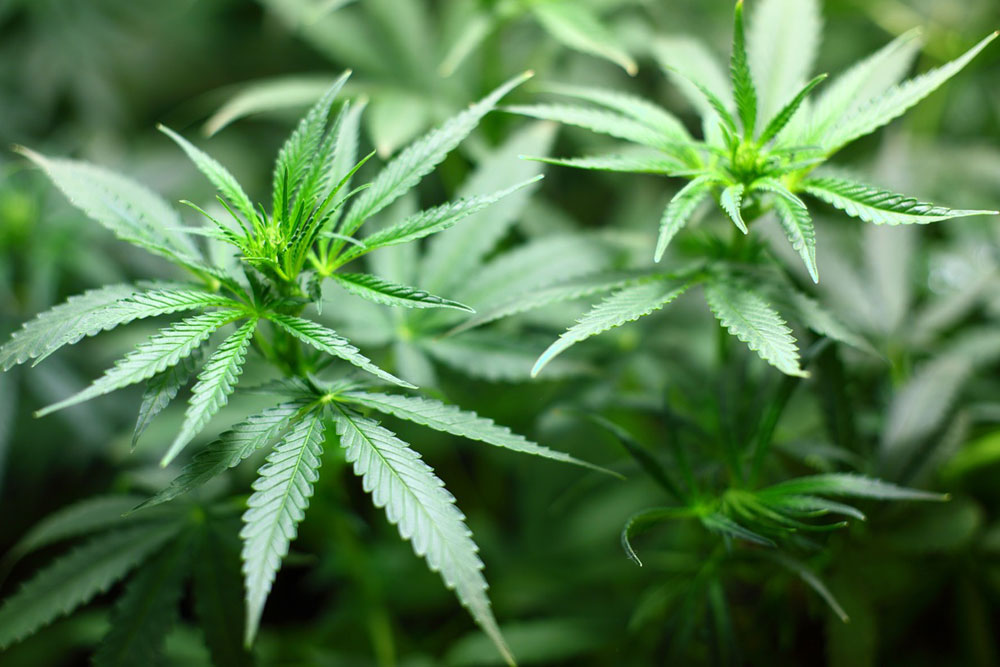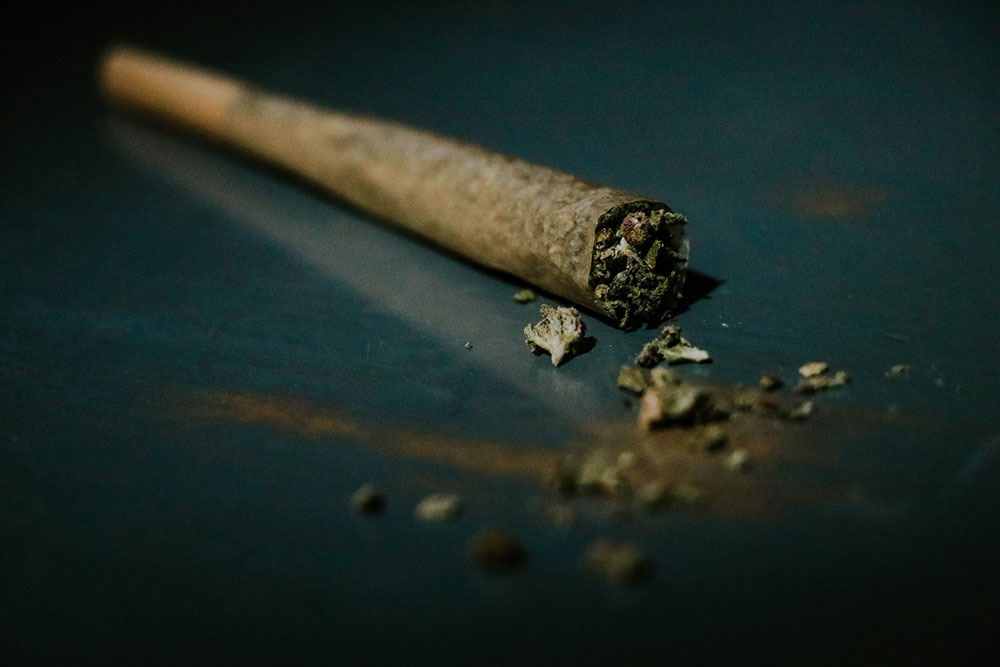Is Marijuana Addictive?
Published on September 28th, 2018
Updated on January 3rd, 2024

Marijuana is a drug that is becoming more socially accepted in current generations. Many people think that marijuana is harmless, and is not a drug that a person can become addicted to. Despite this belief, becoming addicted to marijuana is possible. It is also possible for a marijuana user to suffer from symptoms of withdrawal.
A person may suffer from either marijuana dependence or marijuana addiction. Marijuana dependence refers to an increased tolerance for continued use. A person with marijuana dependence will need more marijuana to get high. They can also suffer from symptoms of withdrawal.
Marijuana addiction refers to the irrational need to use that follows dependency. People who are addicted to marijuana will prioritize seeking and using marijuana. Marijuana use will be a priority over other life responsibilities and activities.
Sponsored by

Choose a therapist to work with and start healing with 20% off from BetterHelp.
Click HereA person who is suffering from the consequences of use may be treated for marijuana use disorder. The condition will be based on a scale of mild to severe. The severity of the diagnosis will depend on the prevalence of the user’s symptoms.
Symptoms of Marijuana Addiction
Symptoms of marijuana addiction are similar to other types of addiction. They will reflect bodily sensations, difficulties with managing emotions, and addictive behaviors. Addictive behaviors will be based on seeking marijuana in order to alleviate symptoms.
Symptoms of marijuana addiction include:
- Cravings for use
- Triggers for use
- Change in weight and appetite
- Changes in sleep patterns
- Difficulty coping with upsetting situations while sober
- Choosing friends and social circles based on using
- Withdrawal from loved ones
- Hiding severity or frequency of drug use
- Needing more and more to get high
- Feeling irritable when not using
- Experiencing headaches when not using
- Strained relationships related to marijuana use
- A decline in cognitive function and academic performance or job performance
- Lack of motivation
It is possible to go through withdrawal when stopping the use of marijuana. Withdrawal symptoms can last between one week and one month.
Withdrawal symptoms from prolonged marijuana use include:
- Sleeping issues and insomnia
- Change in appetite
- Irritability and mood swings
- Anxiety
- Cravings
- Restlessness
- Anger outbursts
- Depressed mood
- Intense cravings
- Headaches
- Nausea
- Difficulty concentrating
- Forgetfulness
- Lack of motivation

Causes and Risk Factors of Marijuana Addiction
Marijuana addiction is caused by the user’s circumstances. Each person who suffers from marijuana addiction has causes and risk factors that contribute to the onset of the disorder. These causes and risk factors increase the likelihood of suffering from addiction.
Common causes and risk factors that may result in marijuana addiction include:
- Beginning use before the age of 18
- Using marijuana to cope with stress or mood swings
- Suffering from another mental health disorder
- Having parents or family members who also use drugs and alcohol
- Having a family history of addiction
- Abuse or dependence on other drugs or alcohol
- Poor stress management skills
- Easy access to marijuana
- Difficulty abstaining from using
- Prolonged and frequent use for at least 6 months
- Self-medicating to manage stress or emotional upset
A person may also develop addiction in reaction to social pressure. Marijuana is a socially acceptable drug to use. It has been legalized in several states in the United States. Peer pressure and curiosity are major reasons why adolescents and adults start using.
Treatment for Marijuana Addiction
Addiction can be challenging to overcome, but not impossible. People who suffer from marijuana use disorder can seek professional help.
Treatment will help a user focus on achieving and maintaining sobriety. It does so by teaching healthy coping skills that can be applied to real-life situations.
There are different modalities of treatment for marijuana use and addiction. The prescribed modality will depend on the user’s unique circumstances. The following will be considered when deciding how to best treat an addict:
- Severity of use
- Frequency of use
- Age of onset
- Protective factors
- Social support network
- History of withdrawal
- History of mental illness
- Openness to treatment and recovery
Treatment can be administered in different modalities. Treatment modalities for marijuana addiction include:
- Individual therapy
- Group therapy
- 12-step programs
- Intensive outpatient programs
- Residential therapy (In severe cases)
Treatment for marijuana addiction will be individualized to meet the user’s needs. The user may be recommended to participate in different forms of therapy, like:
- Cognitive-Behavioral Therapy (CBT)s effective in targeting problematic behaviors related to use. CBT teaches healthy coping skills for stress. It also teaches skills that help with managing cravings and triggers.
- Motivational Enhancement Therapy (MET) focuses on stimulating motivation for change. MET helps the user engage with a treatment regimen. It also helps to empower the user to take control over their recovery and abstinence.
- Dialectical-Behavioral Therapy (DBT). incorporates a mindfulness-based approach. It teaches healthy coping skills for upset emotions, stress, and anxiety. It also teaches impulse control skills to prevent relapse.
Sponsored by

Find an affordable therapist online with 20% off from BetterHelp.
Click Here






Leave A Reply